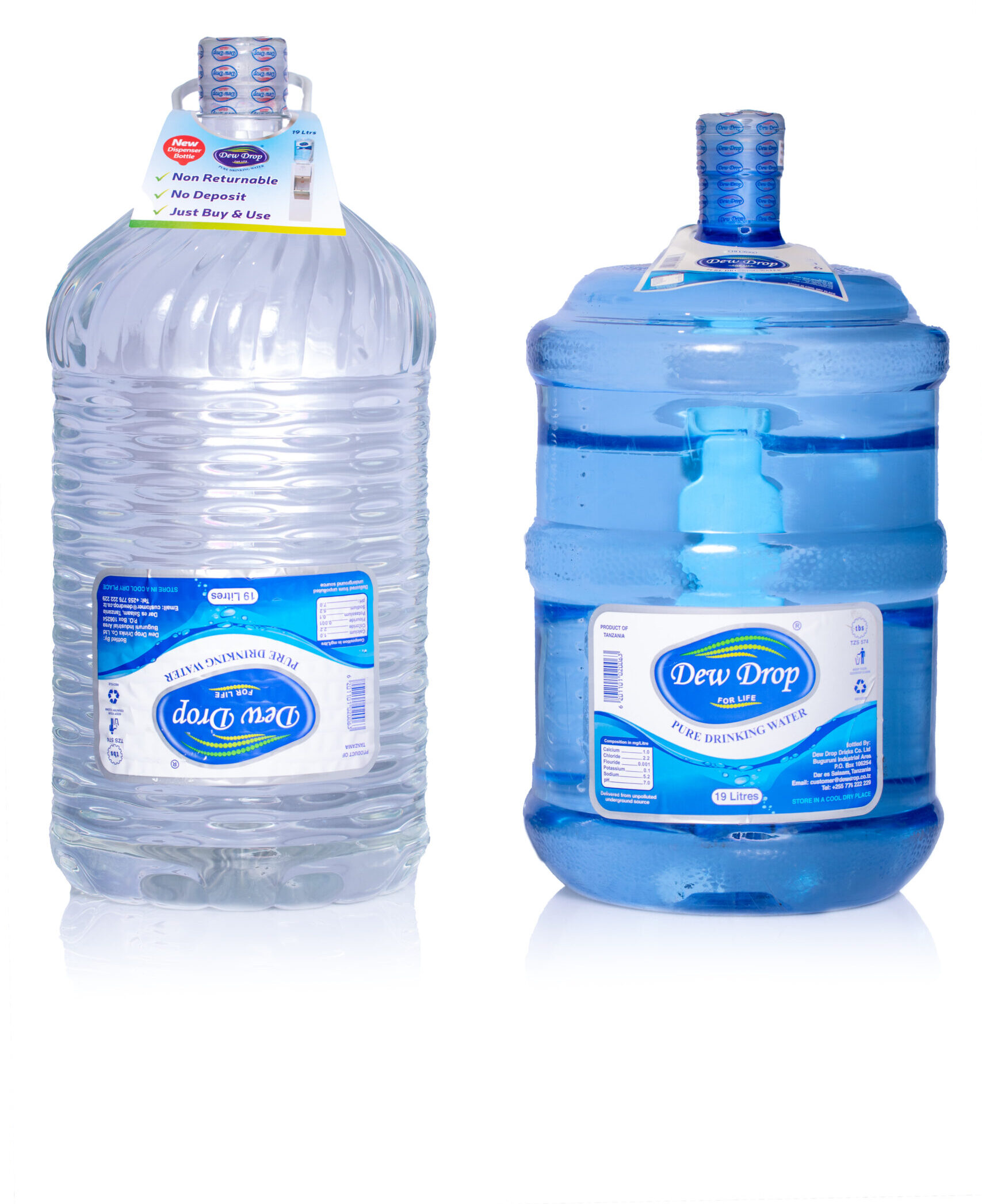A visit to Tanzania is incomplete without tasting its diverse culture and scenic beauty, but what’s the story behind its tap water? Travelers often find themselves pondering the safety of drinking tap water in a new country. This question becomes crucial when one considers the potential health implications.
In Tanzania, tap water is generally not recommended for drinking without treatment. The water quality may vary significantly between urban and rural areas. To avoid waterborne diseases, many experts advise boiling water or using reliable water purification methods. Bottled water is a common and safe alternative widely available throughout the country.

Assessing the Safety of Tap Water in Tanzania
When evaluating the safety of tap water in Tanzania, understanding the sources of water is essential. Water often comes from rivers, lakes, and reservoirs, which can be contaminated. Drinking tap water without treatment can pose health risks. The infrastructure for water purification in Tanzania varies across different regions. Some urban areas may have better systems, but rural areas might not.
According to the article, waterborne diseases are a major concern for locals and tourists. Diseases like cholera and typhoid can be contracted through untreated water. To mitigate this risk, residents often boil water before drinking it. This simple step can eliminate many harmful pathogens. Nevertheless, it’s always safer to be cautious and seek alternatives.
Effective water treatment options include using portable water filters or chemical tablets. These can be helpful for travelers who don’t have access to boiled water. Another practical choice is purchasing bottled water, which is widely available. However, always check that the seal is intact to ensure it hasn’t been tampered with. Hydration is vital, especially in Tanzania’s warm climate.
Beyond direct consumption, be aware of how tap water is used in food preparation. When eating out, ensure fruits and vegetables have been washed with purified water. As you explore the local cuisine, remember that food safety also relies on water safety. For additional information about Tanzanian food, check out here is the article. This ensures a worry-free experience while enjoying Tanzanian dishes.
Overview of water quality and sources
Tanzania’s water quality varies greatly depending on the source. Rivers, lakes, and groundwater are the main sources. In cities like Dar es Salaam, water is generally treated but can still face contamination issues. Tap water may carry sediments, bacteria, and other contaminants. The infrastructure for water treatment is more developed in urban areas than in rural parts.
In rural areas, water often comes from wells or community pumps. These sources might not undergo any purification process. Local communities sometimes use traditional methods to make water safer for drinking. Boiling is one common practice. However, not everyone has the tools or knowledge to ensure their water is safe.
According to the article, it’s crucial to understand the water source before drinking it. Different types of water sources may carry unique health risks. For instance, surface water from lakes and rivers is more likely to be contaminated. In contrast, groundwater can be safer, though it isn’t immune to pollutants. Knowing these details can help one make informed choices.
Awareness about water quality is essential for both residents and travelers. Tanzania’s water safety can directly affect health and daily activities. When planning activities like a Tanzania safari or Mount Kilimanjaro trek, it’s important to have reliable water sources. Staying well-informed about water quality ensures a healthier experience. For more tips on how to enjoy Tanzania’s beauty safely, visit here is the article.
Health Recommendations for Consuming Water in Tanzania
When in Tanzania, it’s essential to follow health recommendations to avoid waterborne diseases. Always prefer bottled water for drinking. Make sure the seal is intact before consuming. If bottled water isn’t available, boiling tap water is a good alternative. Another option is using water purification tablets, which can be very effective.
Be mindful of the water used in food preparation. Fruits and vegetables should be washed with purified or bottled water. Avoid ice cubes in your drinks unless you are sure they are made from purified water. Even when brushing teeth, use bottled or boiled water. These small steps can prevent health issues.
Here is the article, boiling water is one of the most reliable ways to kill harmful bacteria and parasites. Bring water to a rolling boil for at least one minute. Filtering water before boiling can also remove sediments. For those with sensitive digestive systems, it’s even more critical to take precautions. Staying hydrated is important, but safely managing water intake is equally vital.
While exploring the beautiful landscapes like Mount Kilimanjaro or Zanzibar beaches, prioritize your health by staying hydrated with safe water. According to the article, Tanzania safari routes often have stops where you can refill bottled water supply. Always carry enough purified water with you. This practice ensures you stay healthy and enjoy your adventure to the fullest.
Alternative Drinking Water Options While Traveling in Tanzania
When tap water isn’t safe, travelers in Tanzania need to consider alternative options. Bottled water is widely available and convenient. Ensure the seal is intact to avoid tampering. This is the easiest and most reliable way to stay hydrated. Buying bottled water in bulk can also save money.
Portable water filters are another excellent option. They can remove bacteria, protozoa, and sediment. Many travelers prefer lightweight, portable filters that fit in their bags. Using these can help reduce plastic waste. Here is a top choice for eco-conscious adventurers.
Water purification tablets are small and easy to carry. These tablets can purify water within minutes. Simply add them to water and wait as directed on the package. While the taste may be different, they are effective in killing most pathogens. This is a great option for backpackers and hikers.
Boiling water remains one of the most reliable methods. Bring water to a rolling boil for at least one minute. This method is best for those with access to a stove or portable camp stove. It’s simple but very effective. Always allow boiled water to cool before drinking.
According to the article, using a UV water purifier can be convenient. These devices use ultraviolet light to kill bacteria and viruses. They are portable and run on batteries. However, they can be more expensive. For those who travel frequently, it might be a worthy investment.
Being prepared with multiple options ensures you always have safe drinking water. Whether it’s bottled water, filters, tablets, or boiling, make sure to stay hydrated. This is especially crucial when experiencing activities like a Tanzania safari. Safe water practices ensure a healthier and more enjoyable trip.
Key Takeaways
- Drinking tap water in Tanzania is generally unsafe.
- Bottled water is a safer choice for traveling.
- Boiling tap water can make it safe to drink.
- Consider using portable filters or purification tablets.
- Always stay hydrated with clean and safe water.

